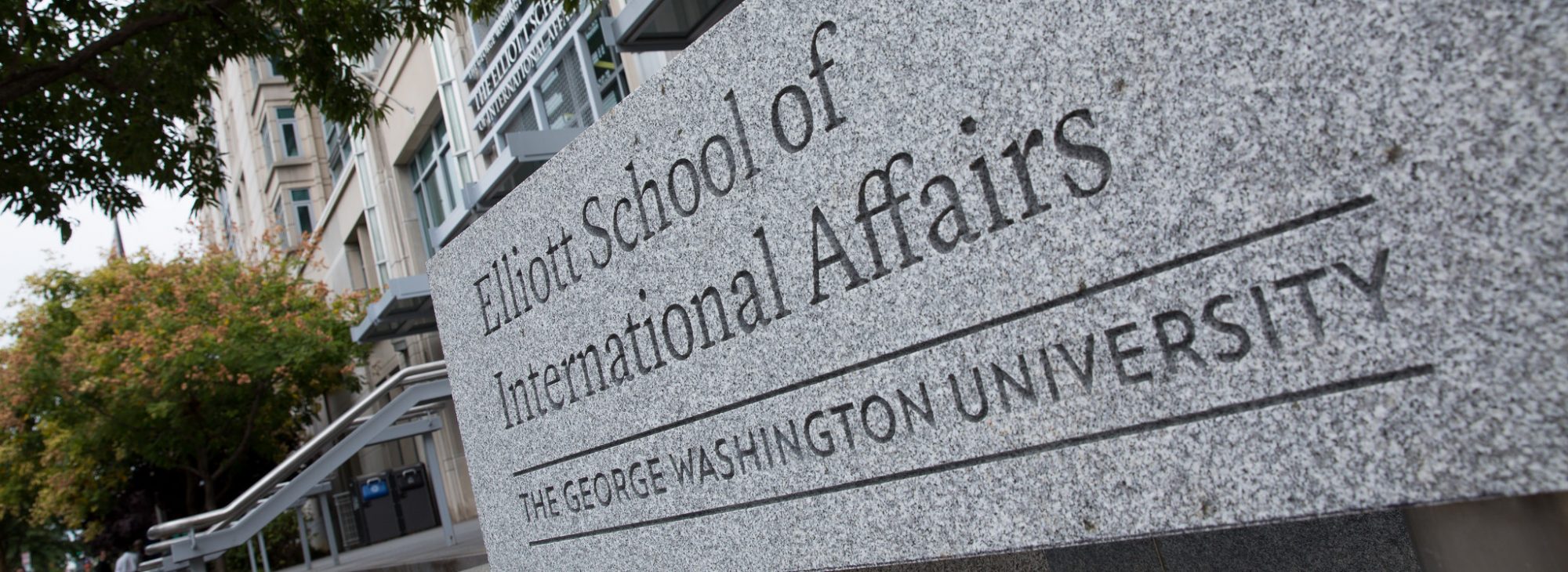As you may know, or will soon learn, e-mail is one of the primary forms of communication you'll use to contact your academic advisor and/or faculty, staff, and peers. When it comes to e-mail, we aim to respond to your messages in a timely manner with accurate information. With the exception of extremely busy times of year (like now!) we can typically get back to you within 2-3 business days, unless the nature of your inquiry is complicated.
The following tips are based on real e-mails we've received from students:
- Include your full name and GWID in the body of your e-mail. Not only will this help us quickly identify who you are, but it will enable us to make sure that your e-mail correspondence is uploaded to your student file for record keeping.
- Give your e-mail a subject which accurately reflects the content will help us reference e-mails from you. Please don’t leave the subject line of your e-mail blank or vague or use overly-dramatic language (“Questions”, “URGENT”, “HELP ME”, “RESPOND IMMEDIATELY”, etc.).
- Send one comprehensive e-mail that contains all of your questions and thoughts. Treating e-mail like an instant message is counterproductive. We want to give you a complete response to your question, but first we need to know all of the information you’re going to provide.
Tip: When sending an e-mail with detailed information and complicated scenarios write a draft and save it. Marinate on your thoughts, edit the text, and then hit send. 9 times out of 10 you’ll find that you have a follow-up question, forgot to attach a document referenced in the e-mail, etc.
- We truly appreciate when students follow-up! It’s great to stay on top of things, and make sure you get the answers you need, but allow a reasonable amount of time to pass before e-mailing us again. We typically respond to messages in the order they’re received (accounting for real emergencies and time-sensitive issues of course), so sending us multiple e-mails won’t speed up the response time.
Considering these tips when drafting your e-mails could help us meet our primary goal, which is to help students succeed! You can also incorporate these tips when e-mailing other individuals at GW (i.e. professors and administrative offices).



